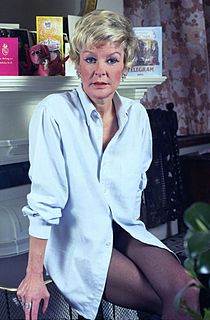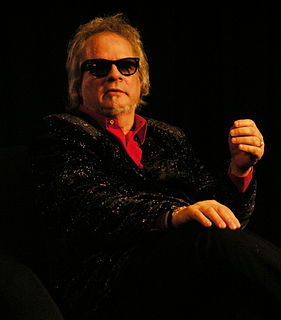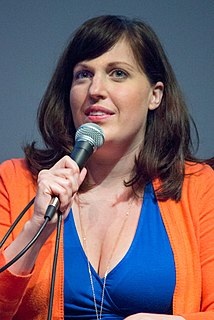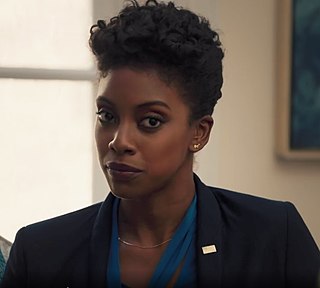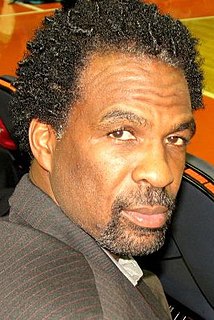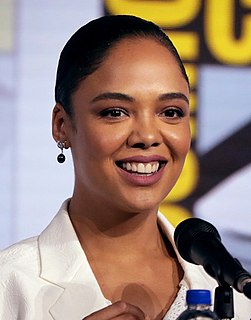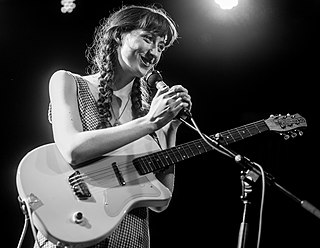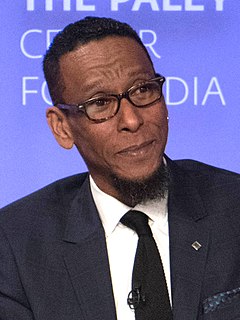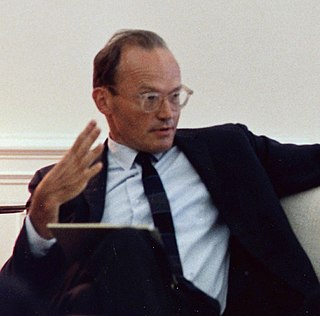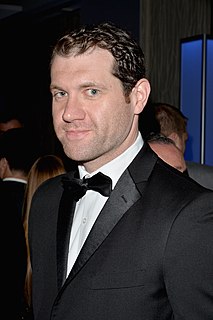A Quote by Elaine Stritch
The people in New York - their humor is on a level that goes, uh, very deep, you know?
Related Quotes
I grew up partially in L.A. and partially in New York. In L.A., anything goes because it's really temperate. There aren't any fashion rules dictated by weather, whereas in New York, of course, there are. New York is seasonal, and also it's a fashion mecca, so people are a little more aware of how they put things together.
One big disturbance, I think, between L.A. and New York is that New York is so condensed and together that it's very hard to be private there. There's a lot of constant interchange, people know what you're doing all the time. Here in L.A. it's the opposite, it's very spread out, unless you make a conscious effort to go someplace and look at something, you don't see it and we hear about it. So in that sense, it's a city where you can be very anonymous if you want to be, or even if you don't want to be.
It was obvious uh, that uh, the situation in Vietnam was far from stable in 1964 and that there, if in fact the United States was going to uh carry out its declared intent to uh, do its best to prevent uh, a Communist overrun of South Vietnam, uh, there would be at least hard choices to make, and there might be a choice for uh, stronger action.
